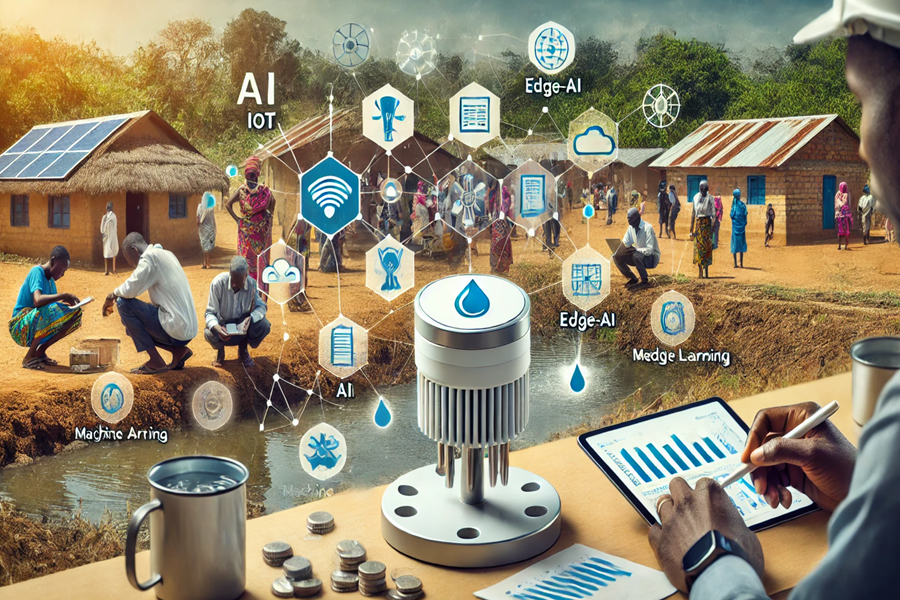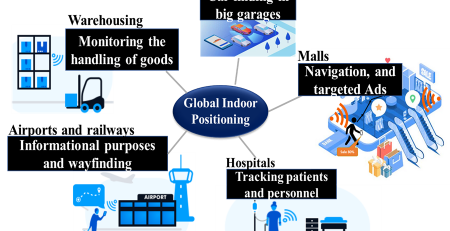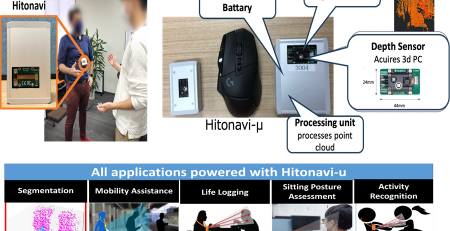IoT and Edge-AI for Detecting and Managing Schistosomiasis
Schistosomiasis, also known as Bilharzia, is a prevalent parasitic infection diagnosed by detecting microscopic eggs in stool, urine, or organ biopsies. According to the World Health Organization, in 2021, 251.4 million people required preventive treatment, with 75.3 million treated using praziquantel. Despite this drug’s efficacy, schistosomiasis continues to impact impoverished communities, particularly in Africa, where both urinary and intestinal forms are significant public health concerns. The prevalence rates range from 0.3% to 1%, exacerbated by the lack of safe drinking water, poor sanitation, and daily activities conducted around water points in rural areas.
Our project proposes the development of a prototype sensing device and an AI-based decision support system for detecting and managing schistosomiasis. This initiative aims to:
- Sensing Environmental Conditions: Utilize sensors to monitor environmental conditions conducive to schistosomiasis parasites.
- Integrating Data Sources: Combine information from health centers and traditional data collection methods.
- Machine Learning Models: Employ various machine learning models, incorporating healthcare experts’ knowledge to detect favorable conditions for the parasites within water points.
The overarching goals of this project include:
- Reducing the impact of schistosomiasis on the African economy.
- Training engineers in the critical areas of IoT and machine learning.
- Creating new knowledge that can be commercialized, addressing a unique challenge on the continent.
This integrated approach aims to transform how schistosomiasis is detected and managed, providing a sustainable solution that leverages cutting-edge technology to improve health outcomes and economic stability in affected regions.
This project is funded by AFROTECH.





